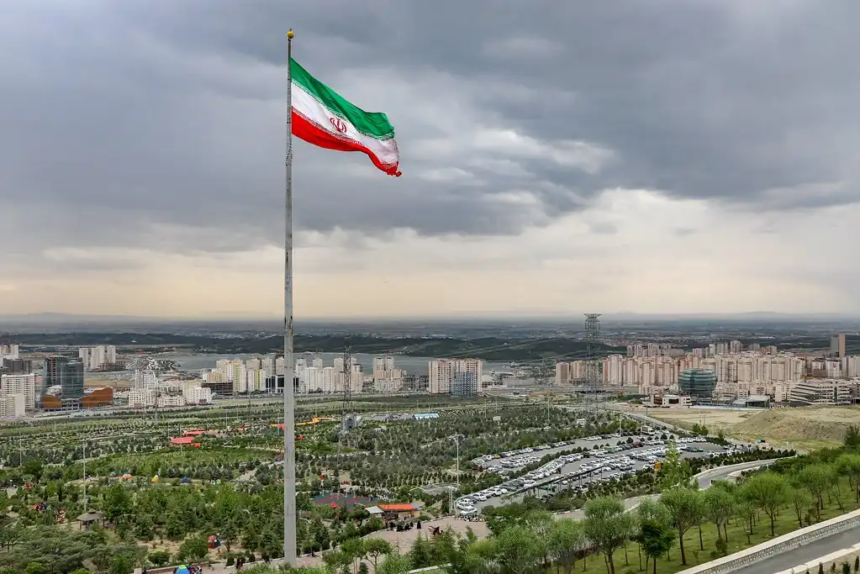RASC News Agency: The Iranian government has recently implemented a taxation policy targeting Afghanistani refugees, a measure that, according to Naderyar Ahmadi, head of the Migration Office at Iran’s Ministry of Interior, is currently being tested as a pilot program in Kerman province. This policy applies exclusively to refugees with legal documentation. Ahmadi stated that the initiative commenced two months ago in Kerman, with some Afghanistani refugees already making tax contributions.
Iranian authorities intend to expand this taxation framework nationwide. Ahmadi underscored that many nations impose taxes on refugees, with rates potentially reaching up to 33% of their earnings. He further asserted that Afghanistani refugees residing in Iran must comply with the country’s tax regulations, as they utilize various public services and, therefore, are expected to contribute accordingly.
However, this policy has triggered significant opposition. Several Afghanistani refugees in Kerman have staged protests against the increasing tax burden, voicing concerns about the exacerbation of their financial hardships amid already challenging economic conditions. These demonstrations highlight the growing anxiety among refugees over the intensifying economic strain they face.
Iran’s decision to impose taxes on Afghanistani refugees, particularly during a period of economic instability, could pose considerable challenges. Many of these refugees are already grappling with financial hardship, compounded by employment restrictions and legal barriers. Analysts warn that this policy is likely to further complicate Iran’s relations with the Afghanistani refugee community, deepening existing socio-political tensions and potentially escalating broader economic grievances.






